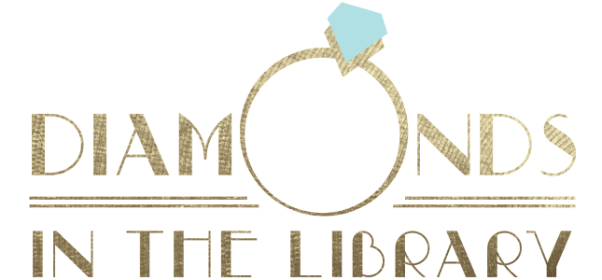The Reluctant Matchmaker by Shobhan Bantwal.
This book is: boring with sprinkles of offensiveness.
Other elements: fat-shaming, sexism, romance between people of different heights, arranged marriages.
Read it: if the idea of an Indian-American main character is enough to make you forgive a lot of flaws. If you’re not prone to bouts of feminist rage. If you think women without husbands are pathetic.
Overall rating: 3
I committed a cardinal error of readership when I selected this book. I judged it by its cover. I assumed, because of the pretty picture and the lack of cartoon women carrying shopping bags, that this was not chick lit. I was wrong.
“One thing I was sure of: I had to find a husband.” – Page 220
Chick lit (does anyone else hate that term?) is not my favorite. I have a deep and abiding love for Bridget Jones’ Diary, but nothing else in the genre has ever captured my interest.
By page 3 of this book, I was asking people if I needed to finish a book in order to give it a bad review. Opinions varied. Boyfriend: “You don’t have to finish it. Your time is too valuable!” Friend: “To be fair, you should finish it, but it’s your blog…who says you have to be fair?”
I finished it, but it wasn’t easy. The characters are flat and un-engaging. The love story is dumb: girl loves boy, but girl is short and boy only dates women over 6 feet tall!
The writing is not stellar. It’s not actively off-putting, but this is not one of those books that redeems a mediocre story by telling it in a fabulous way.
I’ll tell you what is actively off-putting: the amount of fat-shaming in this book. This book’s heroine weighs “not an ounce over eighty-five pounds in [her] heaviest wool suit”. She regularly skips meals. At one point, the book goes off on a tangent about how tiny she is and how it must be because she skipped meals so often in her formative years. This information is presented in a way that makes it clear that this heroine’s tinyness is supposed to be part of her appeal. There is never any concern discussed for her health, only repeated references to her fragile tinyness and her loveliness. Her love interest refers to her repeatedly as a “doll” and calls her “baby.”
Throughout the entirety of the novel, the heroine refers to the other women around her by how they compare to her in attractiveness. No one is slenderer than her, but some women are still slender. Others are not:
“If only Pinky ate a few less candy bars, she’d be attractive. …Besides, as a forty-year-old mother of two young boys, Pinky didn’t really need to look chic. She’d bagged her man sixteen years ago, and he apparently loved her, spare tires and all.” – Page 3
I can’t even address the number of things that are wrong with that so I’ll just nail down the easiest.
The heroine also cries continuously, and opens the novel by falling on her back, exposing her panties, spraining her ankle, and needing to be carried around “like an eight-pound baby” by the man who becomes her love interest.
The book is rife with generalizations about men and women:
“I couldn’t stand men who constantly fussed with their hair and clothes–a feminine trait.” – Page 229
“He tossed me an indulgent, paternal sort of smile. ‘If you’re like my female cousins, you probably read those romance books. That’s not real life.'” – Page 130
Other generalizations were common as well:
“Indian men could be a little scary that way–one harmless little date and they started thinking in terms of holy matrimony and a lifelong commitment to sharing a bed and a bathtub.” – Page 97
“In mom’s book of wisdom, anything done by an Indian was good, and if it was done by a male, it was near perfect. She belonged to the male-worshiping Indian sisterhood.” – Page 43
The stereotyping of the Indian and Indian-American culture in this book is something that I feel unqualified to evaluate, although it definitely made me uncomfortable. There is a fine line between good-natured ribbing of one’s own people and internalized racism, and I think that a reader needs to be from or very familiar with the culture in question to tell which side of the line things fall on. The author is Indian American and I believe she may be writing primarily for an Indian American audience.
The author’s note at the end of this book said that it was supposed to be a Bollywood movie in novel form. I can sort of see it – the nutty plot, the dance scene, the improbable ending. It’s a cute gimmick, but it’s not enough carry this mediocre story.


This sounds so bad that I kind of want to read it.
Haha. It was almost fun – maybe with wine? Or if you read it out loud with a group of very sarcastic people? There’s definitely potential.
Now I just want to vomit all over this book.
Eat less candy bars? Really?
*shudder*
I KNOW.
I had to finish it after that, just so that I could write this review. And it wasn’t easy. It did not make me want to eat fewer candy bars.